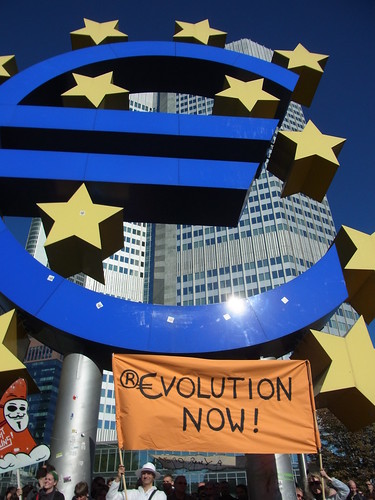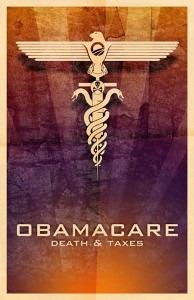Elections have consequences, and people get the leaders they
deserve. Those Italians who insist on re-electing the clownish SilvioBerlusconi despite the ruin and shame he’s brought to Italy - and
those Italians who decided they would rather see political anarchy by voting
for a comedian who will not even sit in the parliament – will get the future
they deserve. The problem is that because of the Eurozone debt crisis, we are
all going to get the future they deserve.
Those outside Italy have long been baffled at how
such a sizable portion of the Italian population could still support Berlusconi after the corruption allegations, Bunga Bunga parties, dalliances with
underage Moroccan prostitutes and – most consequentially – the disastrous
handling of the Italian economy. But what is newly shocking is the other surprise winner of this
election – an anti-establishment comedian. The fact that so many Italians would
vote for what is essentially an anarchist party, led by a comedian who does not
even intend to take a seat in the Italian parliament, has rattled the world
today.


















